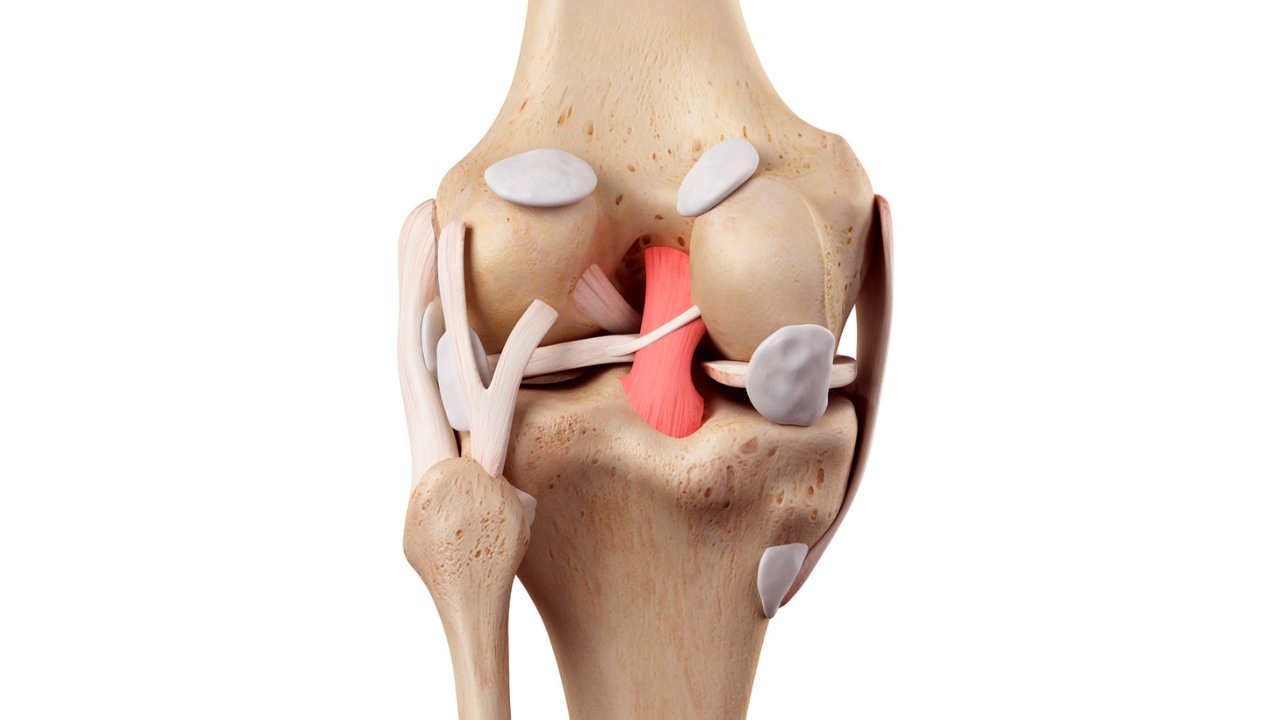PCL, MCL, LCL Repair or Reconstruction
The knee is stabilized by several ligaments, with the most important being the Posterior Cruciate Ligament (PCL), Medial Collateral Ligament (MCL), and Lateral Collateral Ligament (LCL). Injuries to these ligaments, often caused by sports, accidents, or high-impact activities, can lead to knee instability, pain, and limited mobility. PCL, MCL, and LCL repair or reconstruction surgeries are performed to restore the stability and function of the knee when these ligaments are torn or damaged.
PCL, MCL, LCL Repair or Reconstruction: A Detailed Guide
PCL Repair or Reconstruction
The Posterior Cruciate Ligament (PCL) is located at the back of the knee and prevents the shinbone from moving backward. PCL injuries are less common than ACL injuries but often require surgical intervention if the tear is severe.
- Repair: In mild cases, the torn ligament may be stitched back together. This is less common for PCL injuries, as the ligament often heals poorly on its own.
- Reconstruction: In more severe cases, the PCL is reconstructed using a tendon graft from the patient (autograft) or a donor (allograft). The torn ligament is removed, and a new ligament is created from the graft, which is secured in place using screws or other devices.
MCL Repair or Reconstruction
The Medial Collateral Ligament (MCL) is located on the inner side of the knee and provides stability by preventing the knee from collapsing inward. MCL injuries are common in contact sports.
- Repair: Mild to moderate MCL tears can often be repaired by stitching the torn ligament back together.
- Reconstruction: In cases where the MCL is severely torn or fails to heal with non-surgical treatments, reconstruction is required. A graft is used to reconstruct the ligament, restoring knee stability.
LCL Repair or Reconstruction
The Lateral Collateral Ligament (LCL) runs along the outer side of the knee and prevents the knee from collapsing outward. LCL injuries are less frequent but can cause significant instability if not treated properly.
- Repair: In cases of partial LCL tears, a repair may be performed to stitch the torn ligament back together.
- Reconstruction: For severe LCL tears, reconstruction is required. A tendon graft is used to replace the torn ligament and restore knee stability.
Do’s and Don’ts After PCL/MCL/LCL Repair or Reconstruction
Do's
- Follow Your Physical Therapy Plan: Rehabilitation is essential for regaining strength and mobility in the knee after ligament surgery.
- Use Crutches or a Knee Brace: Crutches and a knee brace will be necessary to protect the knee and prevent weight-bearing until the doctor advises otherwise.
- Ice the Knee Regularly: Apply ice to the knee to reduce swelling and pain, especially during the first few days post-surgery.
- Elevate the Leg: Keeping the knee elevated can help reduce swelling and discomfort.
- Attend Follow-Up Appointments: Regular follow-ups with your surgeon will ensure the knee is healing properly and that the graft is stable.
Don’ts:
- Avoid High-Impact Activities: Running, jumping, and other high-impact activities should be avoided until the knee has fully healed.
- Don’t Ignore Pain or Swelling: Excessive pain, swelling, or redness may indicate complications such as infection. Contact your doctor if these occur.
- Avoid Twisting or Pivoting Movements: Sudden twisting movements can strain the healing ligament and damage the repair or reconstruction.
- Don’t Bear Weight Too Early: Follow your doctor’s advice on weight-bearing. Bearing too much weight too soon can damage the graft.
- Avoid Sitting for Long Periods: Prolonged sitting can cause stiffness and swelling. Move around periodically to improve blood flow.
Recovery Timeline
- Week 1-2: Use crutches, ice the knee, and start gentle range-of-motion exercises.
Week 3-6: Begin partial weight-bearing and strengthen muscles through physical therapy.
Week 6-12: Full weight-bearing and low-impact activities like cycling start.
Month 3-6: Intensify strengthening exercises and possibly resume low-impact activities.
Month 6-12: Return to full activity, including sports, with ongoing therapy for stability.
Frequently Asked Questions
What is the difference between ligament repair and reconstruction?
Repair involves stitching the torn ligament back together, while reconstruction replaces the damaged ligament with a tendon graft from the patient or a donor.
How long does PCL/MCL/LCL surgery take?
What is the recovery time for PCL/MCL/LCL reconstruction?
Recovery can take 6 to 9 months, with physical therapy starting soon after surgery. Full return to sports or physical activity may take up to a year.
Will I need physical therapy after ligament surgery?
Yes, physical therapy is crucial for restoring strength, mobility, and knee stability after ligament surgery. It usually begins within a week after surgery.
When can I start walking after PCL/MCL/LCL surgery?
You will likely need crutches for the first few weeks. Walking without crutches usually begins after 4 to 6 weeks, depending on your surgeon’s instructions.
Can I drive after ligament surgery?
You may be able to drive 4 to 6 weeks after surgery, depending on which leg was operated on and how well you are recovering.
What are the risks associated with ligament repair/reconstruction?
Risks include infection, blood clots, knee stiffness, and graft failure. However, these risks are rare, especially with modern surgical techniques.
Can ligament injuries heal without surgery?
Some mild MCL and LCL injuries can heal with rest, bracing, and physical therapy. However, PCL injuries and severe tears often require surgical repair or reconstruction.
How long do the results of ligament reconstruction last?
With proper care, the results of ligament reconstruction can last many years. Following post-surgery instructions and physical therapy is essential to protect the repaired ligament.
Can I return to sports after PCL/MCL/LCL reconstruction?
Yes, most patients can return to sports after 6 to 12 months, but only after completing rehabilitation and being cleared by their surgeon.
Discover New Heights in Healthcare with
Spire Hospital!

Address
Survey No 588, B4, 1st Floor, Ganesh Market, Jawaharlal Nehru Road, Aai Mata Mandir Chowk, Opp Market Yard Bus Depot, Bibevewadi, Pune : 411037
Phone
9175983868 / 8600159688
punehipandknee@gmail.com
